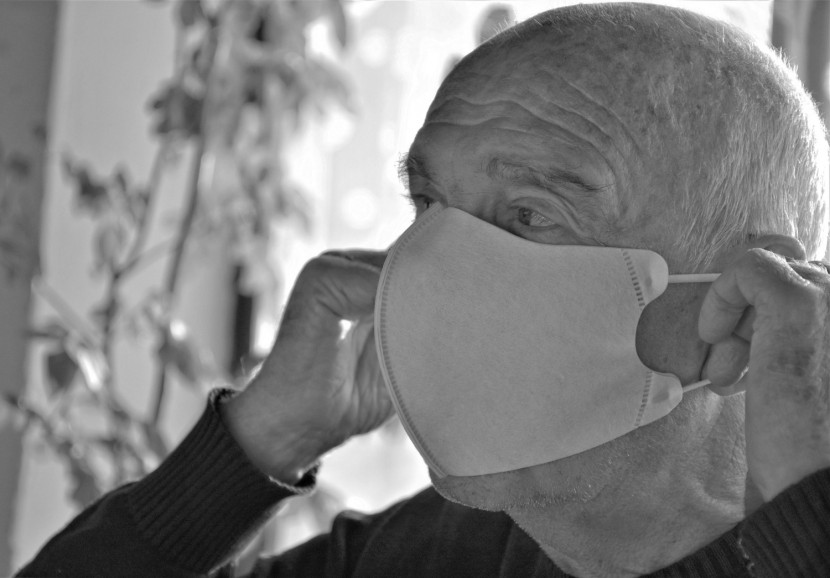
Social isolation has been a major mental and even physical health issues for people all over the world this past year. Many living alone have found themselves cut off from friends and family because of harsh social distancing requirements and have had to face more time alone than at perhaps any other point in their life.
For seniors, the threats associated with living alone and time spent in social isolation are amplified. Below are some ways that seniors living alone can protect themselves mentally and physically during COVID.
Invest in a Medical Alert System
Social distancing for many seniors has meant significant changes to who they socialize with and how often. The stakes are higher for older adults and so more caution must be exercised. One of the collateral effects of reduced social lives and less frequent visitors is that seniors are spending more time on their own.
Falls and other medical emergencies can happen at any time, and living alone poses numerous risks to senior health and well-being at the best of times, never mind during periods of prolonged social isolation. A medical alert system is a good investment for seniors and their families looking for an extra sense of security.
Develop a Vetting Process for Outsiders Entering Your Home
Whether it is someone working for a "meals on wheels" service, a contractor, or even a younger family member, seniors can help mitigate pandemic risks by having protocols in place for anyone entering their home. This includes mask rules, hand washing and disinfecting, temperature checks, and questions about symptoms and recent exposure to anyone with symptoms or a confirmed case of COVID-19.
It may be uncomfortable having to demand so much from people, especially strangers, but desperate times call for desperate measures and most conscientious people, and particularly family members, will understand.
Improve Your Social Media and Digital Skills
For many older people, social media has been one of the most intimidating and unnerving technological developments in their lifetime--something their children and grandchildren obsess over and which they often don't fully understand. Some older adults who feel incapable when it comes to tech and digital life may even believe that the social media ship has sailed for them.
Not only is this not true but social media has been the saving grace for so many isolated people around the world throughout the COVID-19 pandemic. Without social media, families living in disparate parts of the country, the world and even isolated on separate parts of the same city would have had greatly diminished social lives. Socialization is important for all human beings, but especially seniors and staying plugged into social circles is crucial for good mental health.
Perform a Fall Hazard Check on Your Home
This is to be done in conjunction with the aforementioned investment in a medical alert system. Fall-proofing the home is something that any senior living alone during the pandemic should do immediately if they haven't already.
Falls constitute one of the largest reasons for emergency room visits for seniors. Whether because of poor lighting, poor furniture placement, pets and pet beds, and/or inadequate support for climbing stairs and getting in and out of showers and bathtubs, for some seniors, falls can be catastrophic. As a vulnerable person in a global pandemic, you want to avoid having to visit a hospital or primary healthcare setting unless absolutely necessary.
Conclusion
Living alone while ageing poses various issues and complications at the best of times, some of which have become magnified during this unprecedented global health crisis. The stakes are higher for older adults, and seniors living by themselves need to take extra precautions to avoid compromising their safety while also looking after their mental health.








